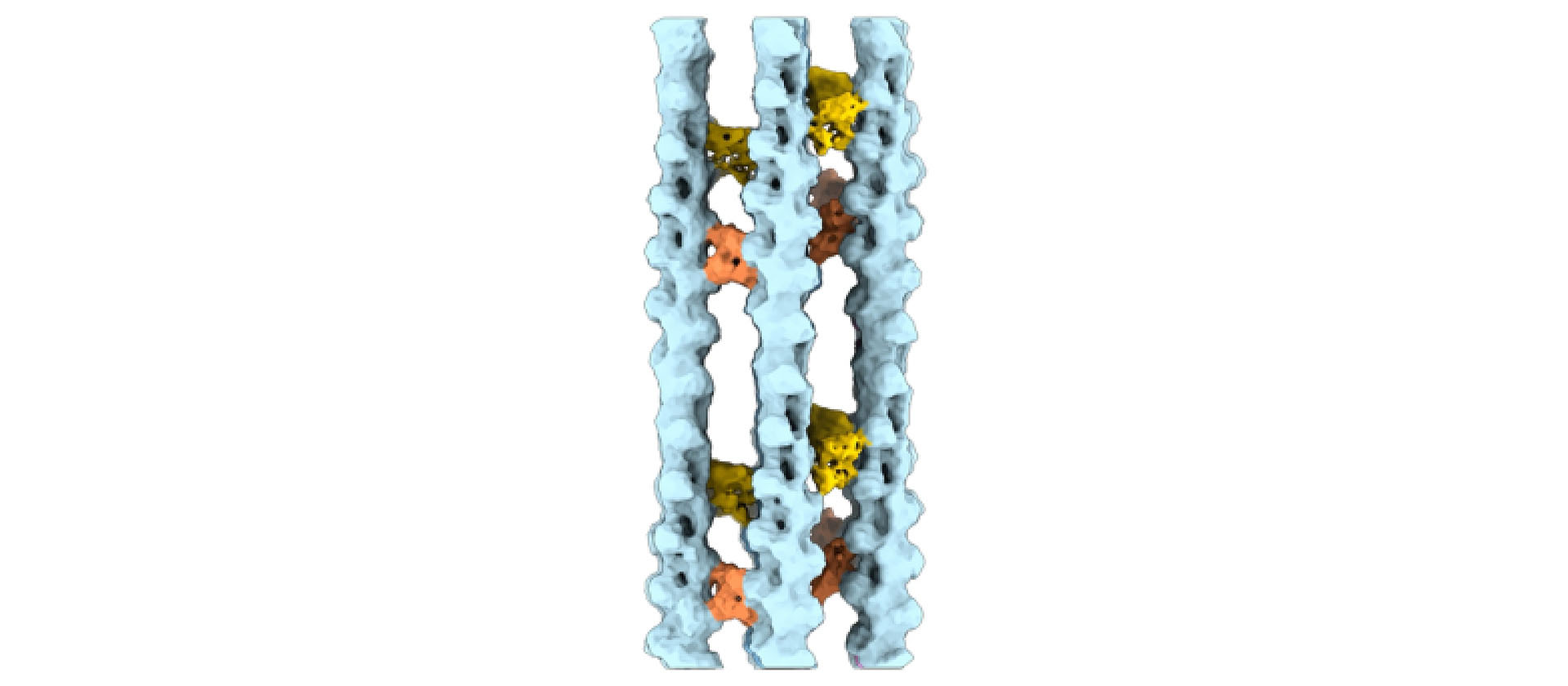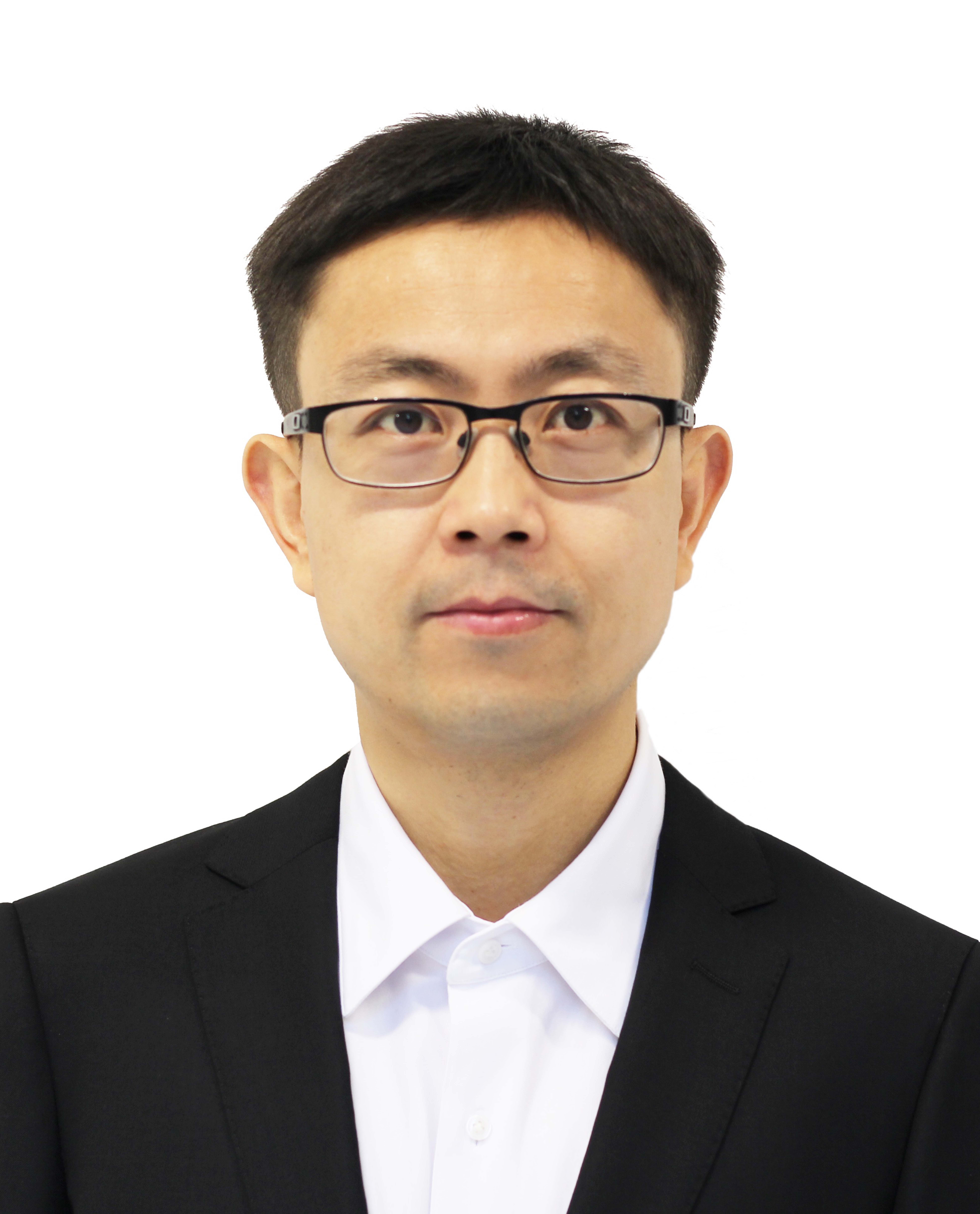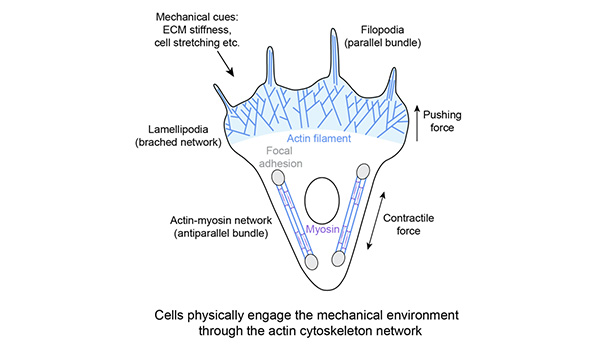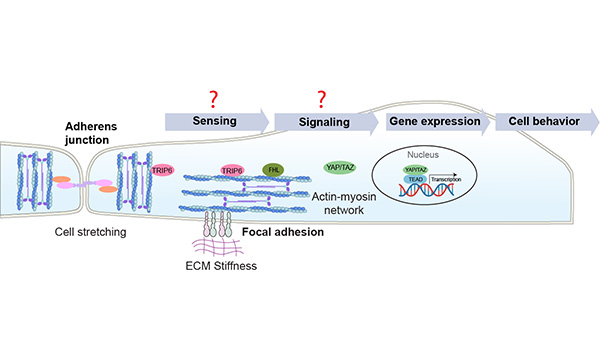

Introduction of PI

Gong Rui is an Assistant Professor at the Faculty of Life and Health Sciences, Shenzhen University of Advanced Technology. He received his Ph.D. in Structural Biophysics from Fudan University in 2013. He also conducted research as a visiting scholar at the University of California, San Diego. He later completed postdoctoral training in the Structural Biophysics and Mechanobiology Laboratory at The Rockefeller University. His research primarily focuses on the molecular mechanisms underlying actin cytoskeleton-mediated cellular force sensing and mechanotransduction.
Research Area
Life is physical in nature and governed by the laws of physics. In addition to biochemical cues, the mechanical properties of the cells and their environment play a fundamental role in guiding cell behavior. Cells can sense and transduce external mechanical inputs into biochemical signals, regulating key cellular processes such as cell proliferation, adhesion, migration and fate determination. The actin cytoskeleton network serves as a central hub for mechanical signaling, integrating external mechanical forces and translating them into biochemical signals through mechanotransduction to regulate gene expression. The Gong lab employs cryo-electron microscopy along with biochemical and biophysical approaches to investigate: 1) the assembly principles of the actin cytoskeleton network and its dynamic remodeling in response to mechanical forces; 2) the mechanisms by which the actin cytoskeleton mediates the conversion of mechanical signals into biochemical signals. Our long-term goal is to elucidate the fundamental mechanisms by which actin cytoskeleton links external mechanical signals to gene expression during development and to understand how their dysregulation contributes to disease.

